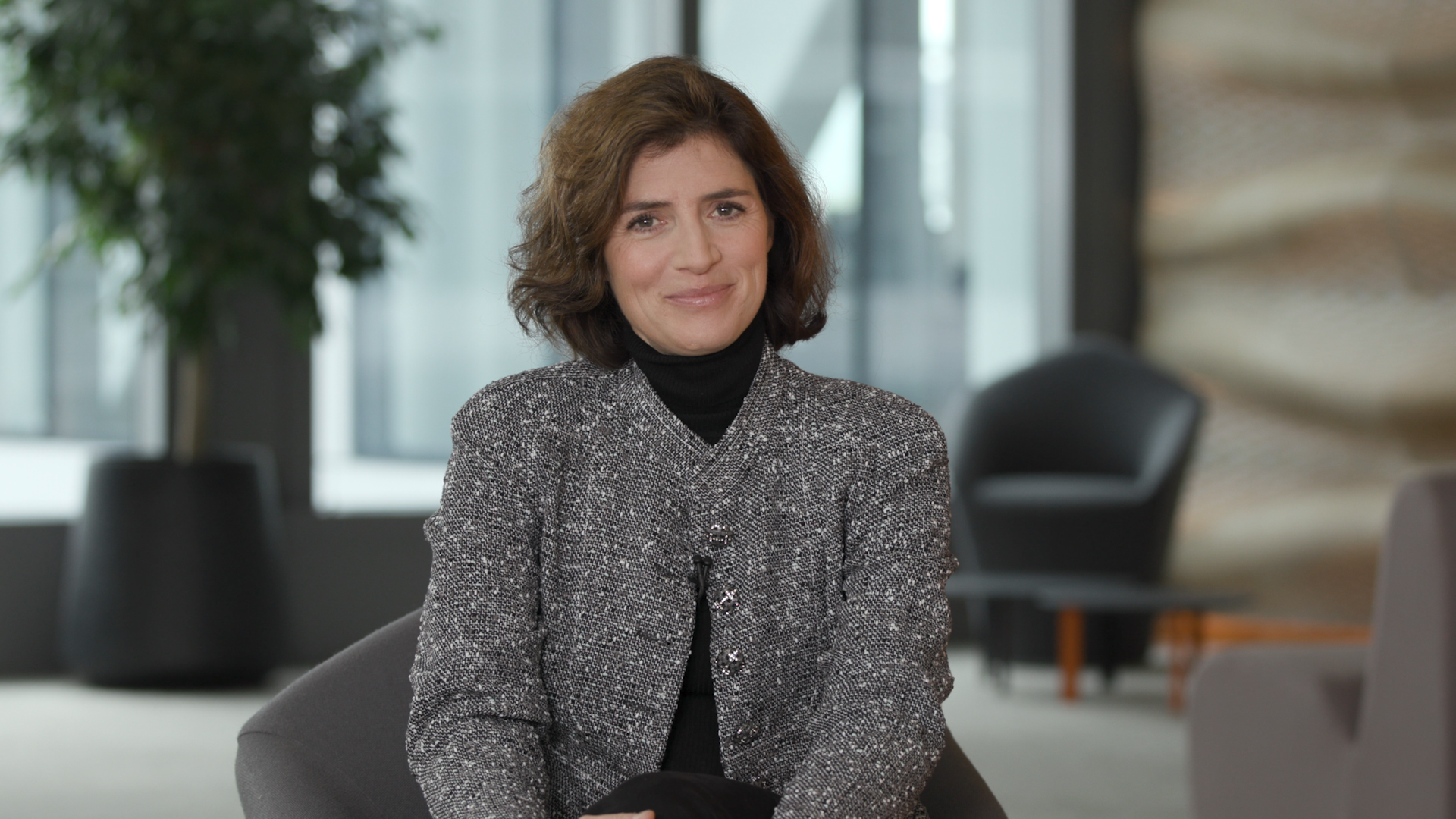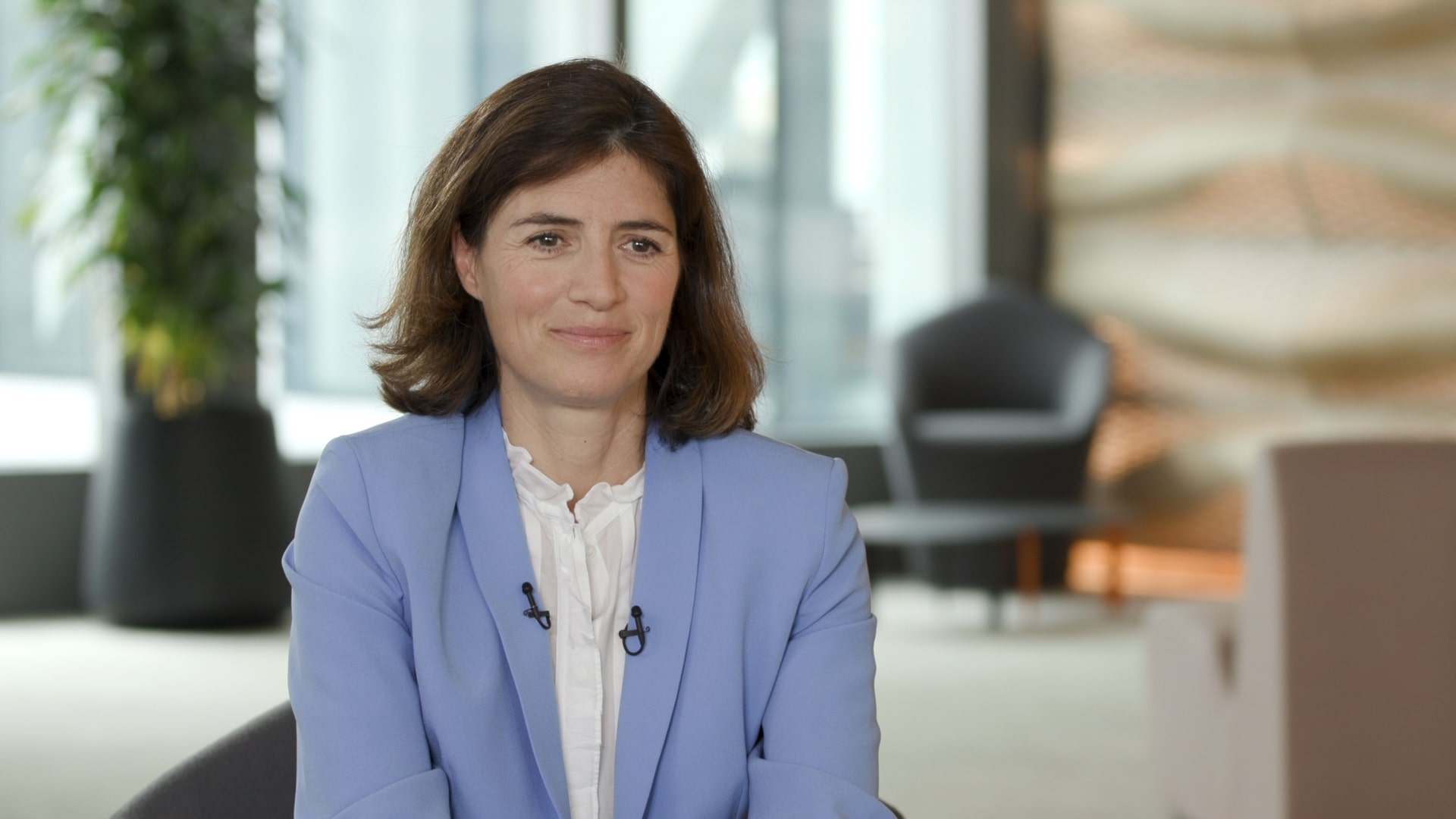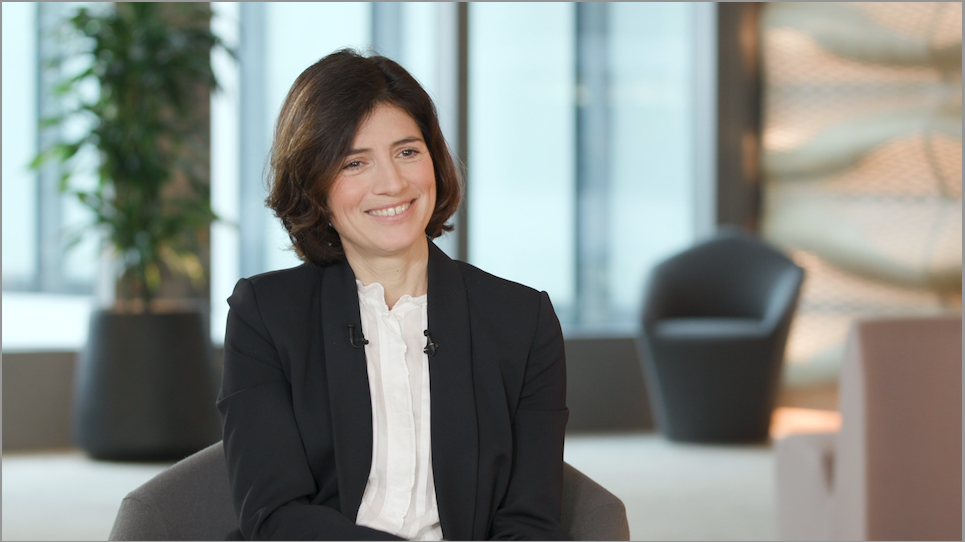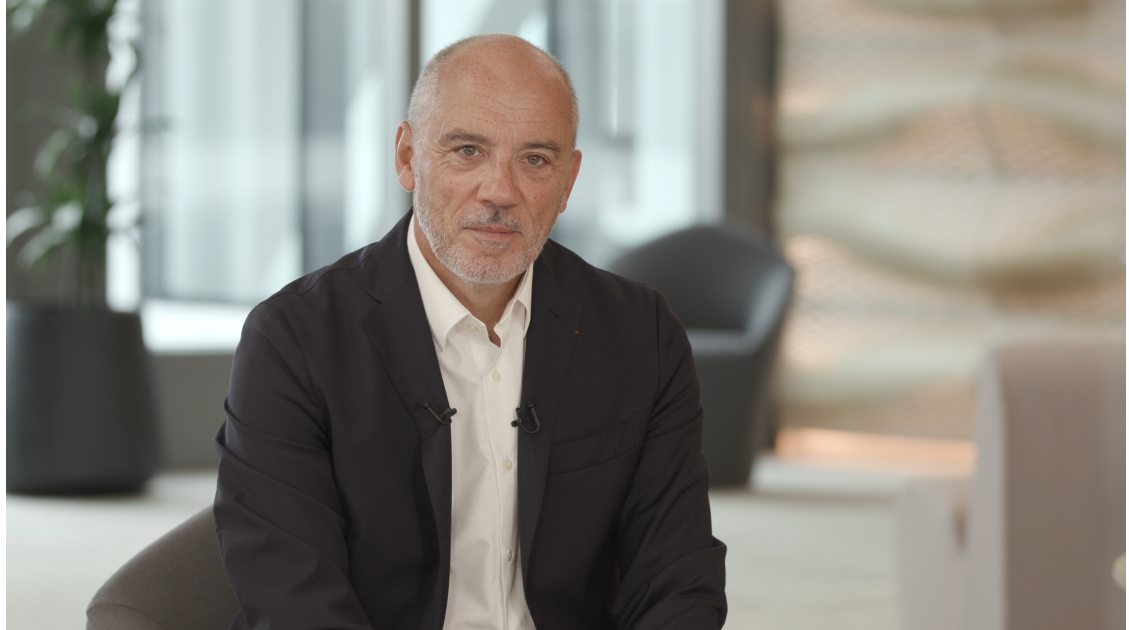EuroBusiness Media (EBM) : Orange’s AGM is the chance to talk to CEO Stéphane Richard and catch up on strategy and recent developments. Stéphane Richard, welcome. Orange’s share price has soared since the last AGM, as well as year-to-date. Orange has one of the strongest, if not the strongest, share price increases of France’s CAC 40 companies. How do you explain this?
Stéphane Richard: Well, I believe this is mainly attributable to our excellent financial performance over 2013 and the first quarter of 2014, where we strongly focused on reducing our cost structure. As for our sales outlook, it is what it is, given the considerable pressure in our markets. However,anything we do to improve our cost efficiency and cost structure has immediate effect, is in our control, and we have shown that we’re good at it. I believe this to be the first thing that the market recognized. Then clearly there was some renewed form of interest, dare I say speculation, in European telecoms, with prospects of consolidation in several of our larger markets. Obviously this also helped our stock performance.
EBM: We know that the market was a bit skeptical about your ability to cut costs. But you delivered. How did you do it?
Stéphane Richard: We really just focused. I think one of our main strengths is the ability to give one hundred percent when we have a clear-set target, and that our senior leadership really sees eye to eye with every layer of management. That’s how we did it. We started off by explaining why we had to do it. We did it, I think, on the basis of good employee relations, of an internal consensus that was fairly widespread. Our people are well aware that we have to make adjustments to deal with a market where prices have fallen sharply over the past two years. And our entire group has risen to the occasion. And so yes, I think we have some leeway, and still do, and as far as we’re concerned the management-level focus on this has been absolutely essential, and it is the reason for our results.
EBM: Moving on, it was a pleasant surprise in the first quarter to see the EBITDA margin stabilise, and good sales performance in France. What have turned out to be the ingredients of this success?
Stéphane Richard: The stabilization of our EBITDA margin was mainly achieved through determined cost-cutting efforts. Today, we are offsetting about 70% of our lost revenue with lower costs. This is how we are keeping margins stable. And I am pleased that we were able to achieve this goal, which I set for the full year, within the first quarter of 2014. We are of course going to continue in this direction and will even intensify our efforts. Our robust sales figures have been driven by the successful launch of new technologies, including 4G in particular. As you know, we’ve put a lot of resources into this. We’ve decided to step up our investments and coverage. It’s paying off, because there is real interest, real appetite from customers for 4G. Fiber-optics are also taking off, which has in any case helped us maintain good market share in fixed lines. So we have offerings that work, convergent offerings, the low-cost Sosh plans, 4G, fiber-optics. All that together does enable us to compete on this market. I also wanted to remind you of an important fact: our share of the French market in value increased slightly in 2013, which is impressive considering that a new operator emerged during the same period.
EBM: So what are your main management priorities or concerns right now?
Stéphane Richard: First of all, we need to keep up our drive to adapt, which is really indispensable for Orange to be fully competitive in the highly competitive market we’re operating in, in Europe… that’s everywhere in Europe. And especially for France of course, since this is where we inherited the role of incumbent operator and we still have a lot of work to do to pare down our headcount, and reorganize operations to meet the needs of our customers more effectively, while at the same time boosting our business performance. We are keeping a close eye on certain European markets. I’m thinking particularly about Belgium, where the pace of convergence is accelerating and we are just a mobile operator. So this means we’re facing a strategic issue and, personally, I’m very focused on that. We are relatively well positioned in our other major markets, particularly in Poland and Spain, where we have already achieved convergence. Yet the situation throughout Europe is still extremely competitive. As for our other operations, our Business Services division is feeling the impact of a very slow growth environment and pressure on our customers’ budgets. So we also have our work cut out for us here and have seen some encouraging results. Then there’s Africa and the Middle East which are still driving growth for us, to the tune of over 5% a year, where I think we can look forward to continue to expand and improve our performance.
EBM: Lastly, what should we make of the talk of consolidation in France’s telecoms industry: chimera or reality?
Stéphane Richard: The truth is that there is probably one mobile network operator too many in France. Which one? It’s a bit too early to say. Personally, I am convinced that three network operators is the right number for France. It’s no coincidence that Germany is planning to reduce theirs from four to three and the same thing is happening in Ireland, a much smaller country. Similar projects are also underway elsewhere in Europe. So I think that economic reality is triumphing over ideology here: markets are limited, are already saturated and so there’s only room for three operators. I am convinced that this is the case. As far as I’m concerned, consolidation is inevitable. It’s too early to say how long this will take and who the main players will be. The only thing I can say, as far as Orange is concerned, is that our role is not to “mend” the market, as I’ve sometimes heard people say. We are not the government, we are not a regulator and we are not a competition authority. We are a company that above all defends the interests of our shareholders, customers and employees. So as events unfold, all decisions will be made with the interests of our shareholders, customers and employees in mind. If we feel at any given time that we could take part in a consolidation project – and I should stress the notion of taking part rather than necessarily acting on our own – which would help us put back some stability into the kind of investment pathways we need in our industry, we’ll go ahead and do it provided that they create value for our shareholders, clients and employees.
EBM: Stéphane Richard, Chairman and CEO of Orange, thank you.
Stéphane Richard: Thank you.





